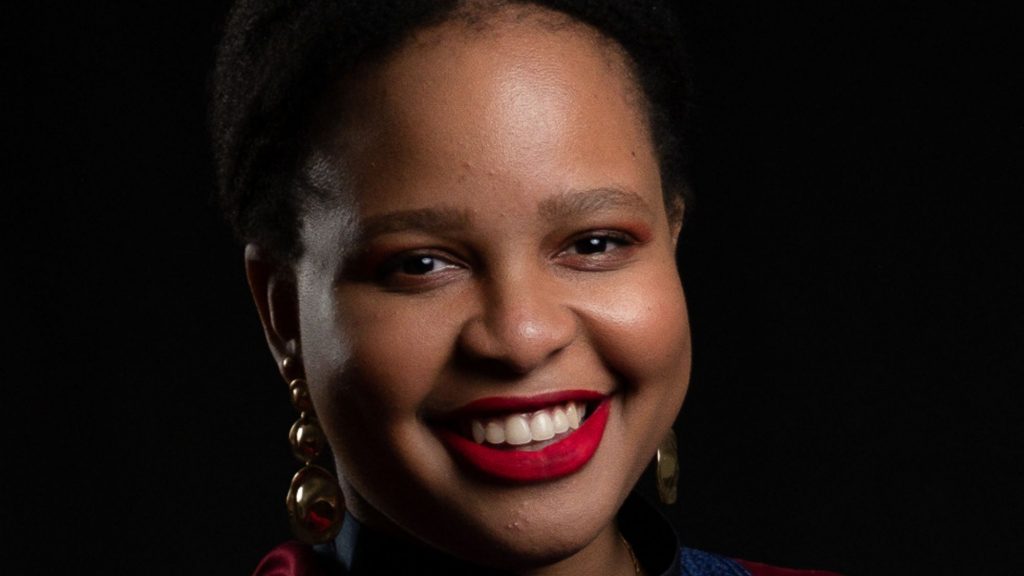Female-led tech startups in South Africa now have the chance to secure up to R1.9 million in funding and global recognition through the Aurora…
Beyond funding: African entrepreneurs also need mentorship

Ask most African entrepreneurs what their biggest challenge is and they’ll tell you that it’s funding. That’s not conjecture either. In multiple continent-wide and nation-specific surveys, African entrepreneurs have listed either funding or access to finance as their biggest barrier to growth.
In many ways, they have a valid point too. Despite African startups raising record amounts of funding over the past couple of years, it’s still a fraction of the amount raised in more established markets like the USA. Even if, as the African Private Equity and Venture Capital Association (AVCA) predicted in October last year, startups on the continent raised US$7 billion in 2022, it’s equal to less than three percent of the total raised by US startups in the same period.
But ask the people on the ground, who work in organisations trying to boost African entrepreneurship, and they’ll tell you that investment and funding only form part of the picture. For African entrepreneurs and startups to reach their full potential, several other forms of support are needed too. These include mentorship, skills sharing, opening up networks, and facilitating access to markets.
Going beyond funding
One organisation which understands the importance of going beyond funding when it comes to entrepreneurial support is Founders Factory Africa (FFA). FFA combines capital investment with hands-on support to early-stage entrepreneurs to de-risk investments and help their portfolio startups scale further, faster. It has a portfolio of over 50 ventures across 10 countries in East, West, and Southern Africa. By 2024, it aims to grow that portfolio to 90+ ventures.
According to Founders Factory Africa Chief Portfolio Officer and Co-Founder, Sam Sturm, entrepreneurs need to be aware of the limits of capital and be able to identify what other resources are necessary to spur the growth and development of their businesses..
“We believe that capital alone is an insufficient way to support a business,” he says. “Of course it’s necessary for growth, but money doesn’t solve problems. People solve problems.”
“At its core, a company is a group of people aligned around solving a set of challenges. We believe that solving the types of challenges that entrepreneurs face around product-market fit, customer acquisition, or commercial strategy requires people with technical expertise, global experience, and local insight.” Sturm adds. “That’s why our model relies on a team of 40+ operators working directly with founders, supplementing our capital investment to help them solve their unique challenges to scale.”
A similar view is held by The Anzisha Prize, which provides a fellowship programme for businesses started by very young entrepreneurs (mostly in their 20s) in various countries in Africa. Every year, 30 young entrepreneurs are chosen for the fellowship programme, and the benefits include funding, mentorship, support in relation to marketing, and financial control.
As Didi Onwu, Managing Editor of the Anzisha Prize, points out, providing this kind of support is critical, especially if the continent is to reap the rewards of widespread entrepreneurship, including mass job creation.
“Most successful entrepreneurs were given the tools they needed to succeed from a very young age,” she says, pointing to the examples of high-profile entrepreneurs such as Bill Gates leveraging family connections to help grow their startups.
“While we can’t give every prospective young African entrepreneur a family connection, we can help them develop critical entrepreneurial skills that will serve them well in the future,” she adds.
Bringing in the corporates
It’s not just investors who can provide this supplementary support either. Corporates have a role to play too. International software company Zoho recognises this and has incorporated support for entrepreneurs and the ecosystems they work in into its operations. This support ranges from the products it offers to the partnerships it fosters.
“Startups and employees need mentors to nurture the confidence required to be able to apply tech skills,” says Andrew Bourne, Regional Director of Zoho for Africa. “But we believe that our products can help too. Low-code platforms and other tech tools, for instance, allow businesses themselves to develop the apps they need to thrive, without necessarily having to rely on expensive technical professionals.”
As he points out, the company tries to incorporate support for small businesses into its operations too.
“At Zoho, we integrate our solutions with local payment gateways, offering solutions in local pricing, collaborating with organisations and government bodies that are working with local entrepreneurs, and introducing language localisation and support,” he says.
Helping unleash Africa’s entrepreneurs
There’s absolutely no doubt that entrepreneurs are crucial to solving many of Africa’s most pressing issues. A good example is youth unemployment. It currently sits at around 60% in South Africa and 58% in Nigeria, with similarly bleak pictures across the continent. Entrepreneurs are key to creating much-needed jobs for those young people.
They can only do so, however, if they are given the right support. And that doesn’t just mean funding but mentoring, skill and knowledge sharing, and corporate support too.
READ NEXT: Lulalend secures $35m to scale its lending business

